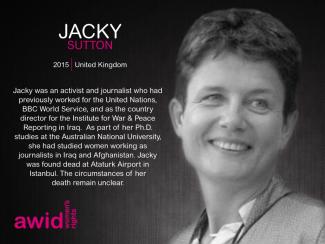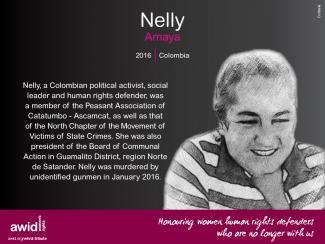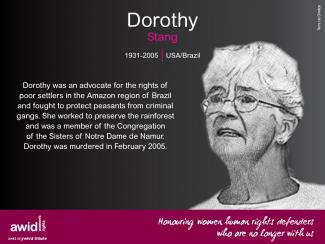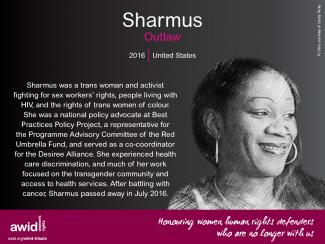
Mia Berden

Across the globe, feminist, women’s rights and gender justice defenders are challenging the agendas of fascist and fundamentalist actors. These oppressive forces target women, persons who are non-conforming in their gender identity, expression and/or sexual orientation, and other oppressed communities.
Discriminatory ideologies are undermining and co-opting our human rights systems and standards, with the aim of making rights the preserve of only certain groups. In the face of this, the Advancing Universal Rights and Justice (AURJ) initiative promotes the universality of rights - the foundational principle that human rights belong to everyone, no matter who they are, without exception.
We create space for feminist, women’s rights and gender justice movements and allies to recognize, strategize and take collective action to counter the influence and impact of anti-rights actors. We also seek to advance women’s rights and feminist frameworks, norms and proposals, and to protect and promote the universality of rights.




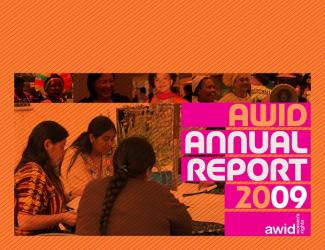
Our 2009 Annual Report includes highlights of another busy year of action and reflection at AWID as we implement our commitment to boldly, creatively and effectively contribute to the advancement of women’s rights and gender equality worldwide.
In the report you can find out about our programmatic achievements, membership, finances, what to watch out for in 2010, as well as information about our Board and Staff.

Ȃurea Mouzinho is a feminist economic justice organizer and advocate from Luanda, Angola. Rooted by a pan-African, socialist and decolonial feminist politics and practice, in 2016 she co-founded and has since been a co-coordinator of Ondjango Feminista, a feminist collective working to advance a transformative women’s rights and gender justice agenda in Angola through consciousness-raising, mobilisation and advocacy. Her 10-year work history encompasses roles in research, project-management, grant-making, advocacy and movement-building primarily on issues at the intersection of women's rights, economic policies and social justice. She has written on the history and challenges for women's organising in Angola, the interplay between extractivism, militarisation and violence against women in Mozambique, and the contemporary economic liberatory practices of African peoples worldwide. Currently, Ȃurea works as policy advocacy and campaigns coordinator at the Global Alliance for Tax Justice (GATJ), leading the alliance's work on tax and gender. Ȃurea is a strategic advisor for Eyala, an alumni and regular contributor to FEMNET's African Feminist Macroeconomics Academy (AFMA) and has previously served as advisor for Sub-Saharan Africa for FRIDA-The Young Feminist Fund. She is trained in economics (University of Cape Town, Monash University) and has a Masters in Development Studies from SOAS, University of London.
Ȃurea has a loud laugh, is a proud house-plant caretaker, and enjoys strolling the beaches of the Angolan Atlantic coast followed by slow evenings laying on her carpet. She occasionally tweets on @kitondowe.
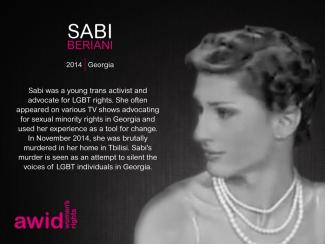
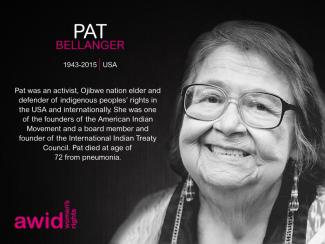
The 1st drafting session on the outcome document for the 3rd Financing for Development Conference
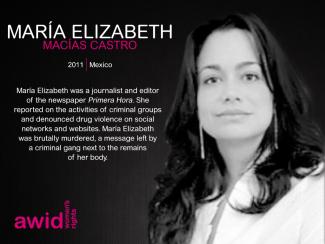
This information will only be available when registration opens.
